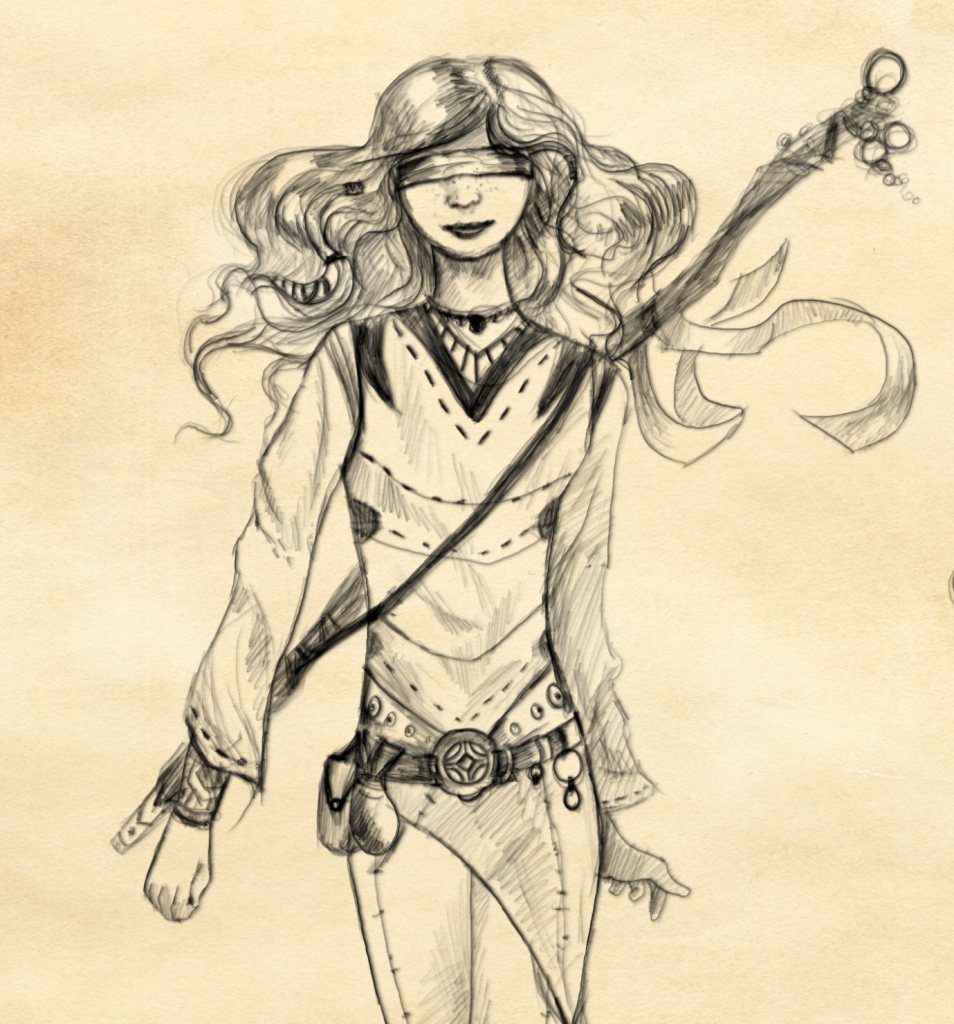
A Hero’s Curse features a heroine who cannot see. There is a lot of meaning and depth Essie explores as a blind protagonist. As a result of that exploration, we’ve received input from the National Federation of the Blind, Writers’ Division, talked to blind bloggers and individuals, and one of our primary production goals since the beginning has been to make this story an easily accessible audiobook.
Audiobooks are awesome. I love listening to books read aloud. They’ve been used for years as tools for second language learners and struggling readers, or for those who can’t read—but the application of audiobooks doesn’t end there.
Denise Johnson has a great article titled “Benefits of Audiobooks for All Readers,” with a list too cool not to share.
Audiobooks can be used to:
- Introduce students to books above their reading level
- Model good interpretive reading
- Teach critical listening
- Highlight the humor in books
- Introduce new genres that students might not otherwise consider
- Introduce new vocabulary or difficult proper names or locales
- Sidestep unfamiliar dialects or accents, Old English, and old-fashioned literary styles
- Provide a read-aloud model
- Provide a bridge to important topics of discussion for parents and children who can listen together while commuting to sporting events, music lessons, or on vacations
- Recapture “the essence and the delights of hearing stories beautifully told by extraordinarily talented storytellers” (Baskin & Harris, 1995, p. 376)
We found one of those extraordinarily talented storytellers in Elizabeth Phillips. She has narrated the just released, unabridged production of A Hero’s Curse, available now on Audible, Amazon and iTunes.
So, I’d like to invite you to recapture the essence and delight of story. Bridge the topic of discussion—let’s talk about heroes, disability, struggles and weakness. What does it take to be a hero? Let’s introduce more young readers to adventures that capture the imagination.
And let’s have fun doing it.
Yours,
P.S. Broaddus